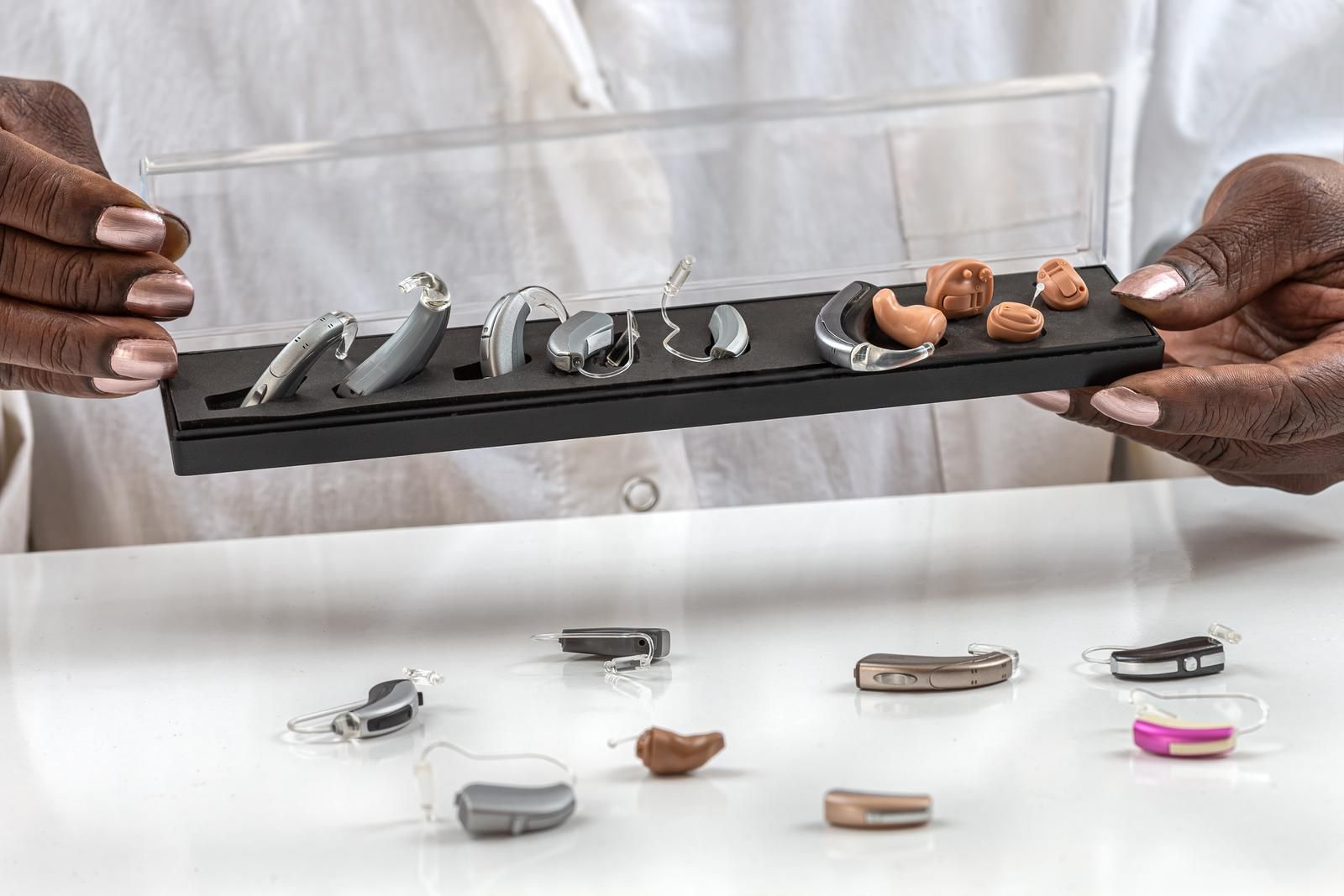What Causes Swollen Lymph Nodes in the Neck?
Have you ever noticed a lump or swelling on the side of your neck and wondered what it could be? Chances are, you were dealing with a swollen lymph node. While this can be alarming, it’s usually a sign that your body is fighting off something. Let’s explore what causes swollen lymph nodes in the neck, why they happen, and when you might need to see a doctor.
What Are Lymph Nodes and Why Do They Swell?
Lymph nodes are small, bean-shaped glands that act as filters for harmful substances in your body. They contain immune cells that help fight infections and diseases. You have hundreds of them, but the ones most likely to swell are in your neck, armpits, and groin.
When lymph nodes swell (a condition called lymphadenopathy), it’s usually because they’re working hard to trap and destroy the invading substance.
Common Causes of Swollen Lymph Nodes in the Neck
1. Infections
The most frequent cause of swollen lymph nodes in the neck is an infection. This could be:
- Upper respiratory infections (cold, flu, sinusitis)
- Strep throat (bacterial infection requiring antibiotics)
- Ear infections
- Mononucleosis (Mono) – Caused by Epstein-Barr virus, common in teens and young adults
- Tonsillitis – Inflamed tonsils can cause nearby lymph nodes to swell
- Dental infections (abscessed tooth, gum disease)
Studies show that up to 56% of people with unexplained lymphadenopathy have an underlying infection.
2. Immune System Disorders
Sometimes, swollen lymph nodes are linked to immune system conditions such as:
- Rheumatoid arthritis
- Lupus
These diseases cause inflammation throughout the body, which can make lymph nodes swell.
3. Cancers
While less common, swollen lymph nodes can sometimes indicate cancer. This could be:
- Lymphoma: A cancer of the lymphatic system itself
- Leukemia: Blood cancers that affect lymph nodes
- Metastatic cancer: Cancer that has spread from other parts of the body
4. Other Causes
- Medications: Certain drugs can cause lymph node swelling as a side effect.
- Rare infections: Such as tuberculosis or HIV.
What Does a Swollen Lymph Node Feel Like?
Swollen lymph nodes in the neck typically feel like soft or firm lumps under the skin. They might be tender or painful to touch if caused by an infection. Sometimes, they feel rubbery or moveable.
When Should You See a Doctor?
Most swollen lymph nodes go away on their own within a couple of weeks. However, you should see an ENT specialist if:
- The swelling lasts more than three to four weeks
- The node is hard, fixed, or growing in size
- You have unexplained weight loss or night sweats
- You experience persistent fever or fatigue
How Are Swollen Lymph Nodes Treated?
Treatment for swollen lymph nodes depends on the underlying cause:
- Infections: Often improve with rest, fluids, and over-the-counter medications. Bacterial infections may require antibiotics.
- Immune disorders: Managed with specific therapies prescribed by your doctor
- Cancer or Serious Conditions: Treatments may involve surgery to remove tumors, swollen lymph nodes, or damaged tissue. This is often combined with other treatments like radiation or chemotherapy to get the best results.
- Other causes: If medications or rare infections are responsible, adjusting medication or treating the specific infection will be necessary.
Head and Neck Surgical Services in Michigan
Swollen lymph nodes in the neck usually mean your body is fighting an infection or illness. Most of the time, this swelling goes away on its own and isn’t a cause for concern. However, it’s important to watch how long the swelling lasts and pay attention to any other symptoms you may have.
If the swelling doesn’t improve or you’re worried, it’s a good idea to see a doctor. The expert team at ENT Care of Michigan specializes in diagnosing and treating head and neck conditions, including cancers. They provide thorough, personalized care to help you get the best possible results.
If you notice swollen lymph nodes or other symptoms in your head or neck area, contact ENT Care of Michigan to schedule a consultation and get the care you need.










